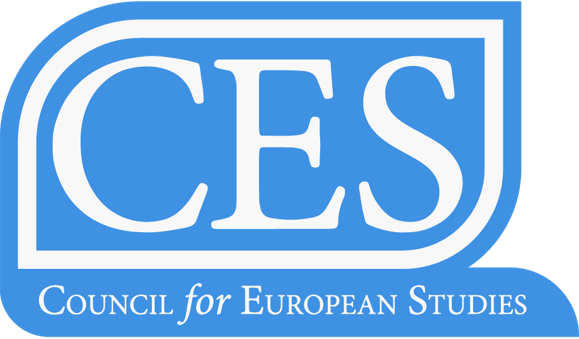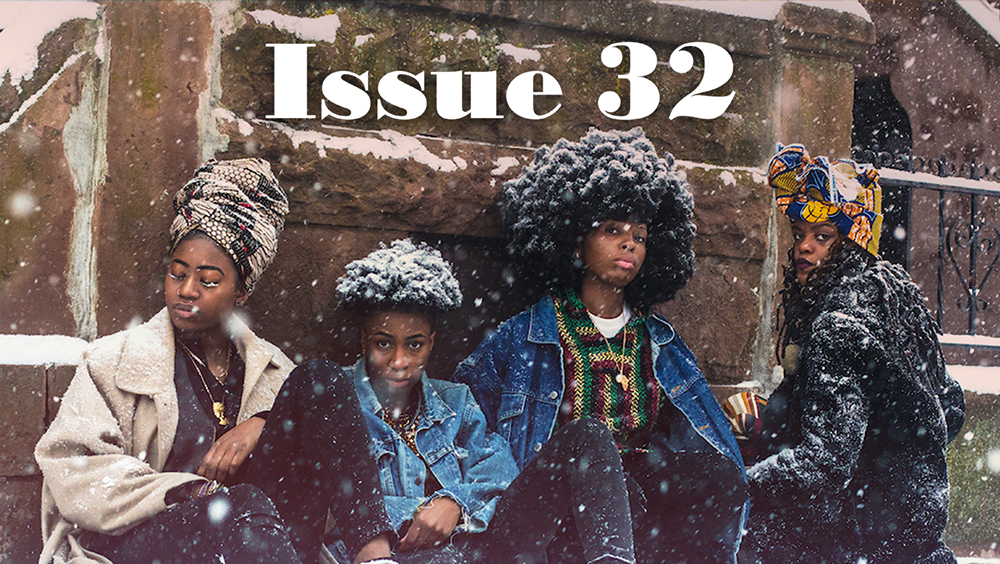The prevalence of the phrase “MeToo” in popular discourse met a watershed moment in 2017, when the movement elevated from a grassroots campaign to a position on the public agenda of numerous nation states. It was the illumination of the disturbing behavior of Harvey Weinstein by the New York Times and the New Yorker that quickly spurred a tidal wave of social media disclosures of sexual assault and harassment under the hashtag, and the activity was continually catalyzed by support from celebrities such as Gwyneth Paltrow and Uma Thurman. However, this high-profile interaction perhaps unsurprisingly exemplified the problematic perquisites of media attention, and the wider press was quick to adjudicate upon what was perceived as a “valid,” “legitimate,” or “credible” claim, albeit in an attempted covert manner. Mirroring scholarly insight into the endemic institutional treatment of victims of rape and sexual violence more broadly, in which disbelief and attribution of responsibility dominates the legal process (e.g. Myers 1980; Martin and Powell 1994; Grubb and Harrower 2008; Cooper 2016), Hollywood victims similarly appeared scrutinized for assumed past behavior, previous relationships, and arguably of greatest concern, their ethnicity.
Sarah Cooper is a lecturer in Politics at the University of Exeter and the co-chair of the Council of European Studies’ Gender and Sexuality Research Network. Her research explores the legal and political nexus, specifically in regard to gender public policy, and she is the author of Regulating Women (Rowman and Littlefield 2016).
Koen Slootmaeckers is a lecturer in international politics at City University of London and the co-chair of the Council of European Studies’ Gender and Sexuality Research Network, and an executive committee member for UACES. Koen researches sexuality politics in Europe, particularly in the Western Balkans. His publications included the co-edited volume The EU Enlargement and Gay Politics (Palgrave, 2016) and articles in Theory and Society, East European Politics, Journal of Homosexuality, Social Problems, and Europe-Asia Studies.



